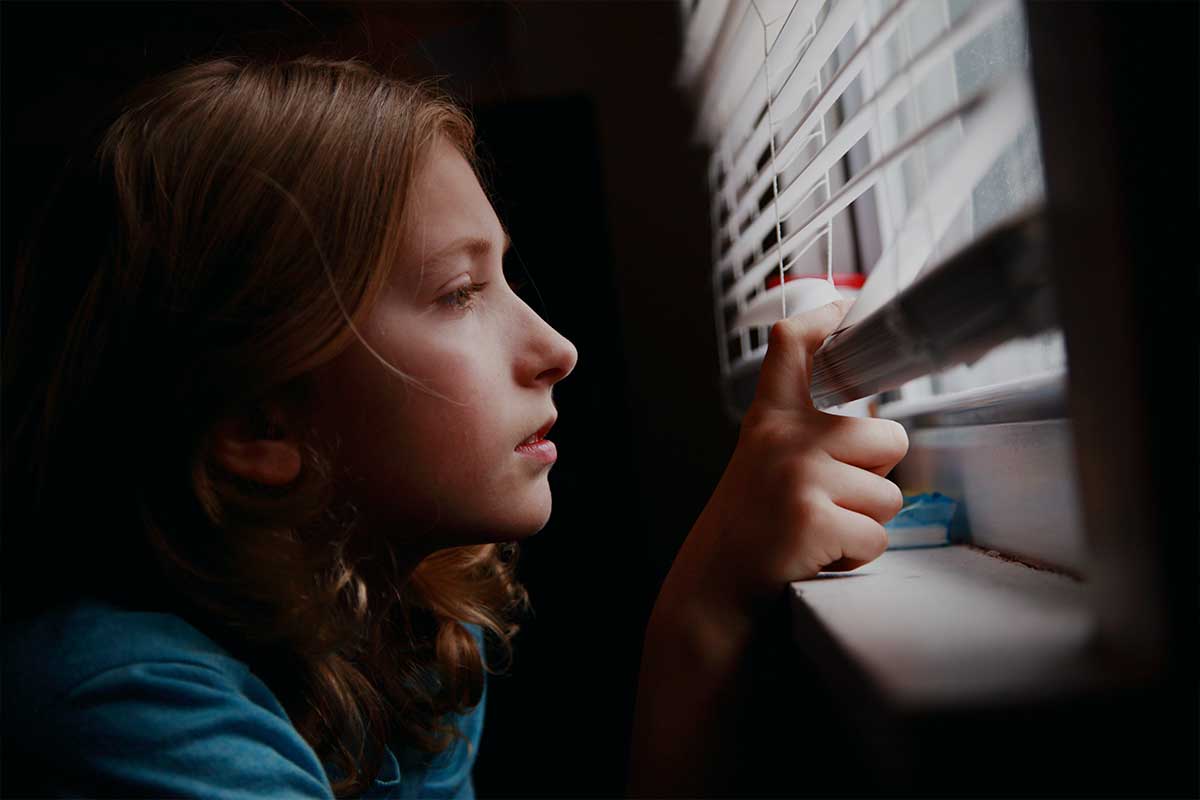Public Health Orders are in place and affect what can be done in strata environments. NSW Fair Trading has issued guidelines for people living and working in strata schemes on how these Public Orders affect them. Below is a summary of the guidelines that affect the use of common property and repairs and maintenance recommendations during this current health crisis. For a detailed list, visit NSW Fair Trading COVID-19 Guidance for Strata & Community Schemes.
Stay at home rules
These rules apply to everyone, regardless of where you live. You should stay at home unless you’re going to:
- work (where you can’t work remotely)
- school or an educational institution
- shop for food and essentials
- get medical care or supplies
- Going on holiday isn’t a reasonable excuse.
Other reasons to leave home might include:
- compassionate grounds
- accessing childcare
- caring for or assisting (including personal care) a vulnerable person
- attending a wedding
- attending a funeral
- inspecting a potential new home
- donating blood
- legal obligations
- continuing access to, and contact between, parents and children where agreements or orders are in place
Owners corporation responsibilities
An owners corporation must take appropriate steps to ensure the safety of owners and residents. Failure to do so puts owners corporations at risk of legal liability claims.
An owners corporation and/or community association must develop communication strategies to meet the needs of diverse communities. Attention should be given to more vulnerable residents such as the elderly, disabled, and anyone who may not use the internet.
Socialising in the complex
Social gatherings should be avoided. All social gatherings outside the home are limited to two people under the Public Health Orders. There are some exceptions, such as a wedding, funeral or legal obligation.
Time spent in common areas should be kept to a minimum.
Social distancing
If you need to leave your home, stay at least 1.5 metres away from others. This includes strata and community areas such as lifts, communal laundries, stairwells and car parks.
Self-isolation
You must self-isolate if you:
- have or are suspected to have COVID-19
- are living with someone suspected to have COVID-19
- have been in close contact with a confirmed case of COVID-19
- arrived in Australia after midnight on 15 March 2020
Affected residents and anyone living with them must stay within their lot except in the event of an emergency or need for medical care.
If you leave, you should wear a surgical mask, and stay at least 1.5 metres away from others. People with COVID-19 who don’t self-isolate may be reported to Crime Stoppers. Heavy penalties may apply.
Visitors
The stay at home rules mean no one can visit your home unless they are:
- your partner
- a care provider
- a parent accessing children not living with them
- service providers such as a cleaner, personal trainer, tradesperson or grocery delivery person.
Depending on your scheme, additional or new measures may be taken to help reduce risks to other residents. For example, the owners corporation could set up a central point for receiving deliveries or implement preventative measures for tradespeople.
Residents must be informed of any new or changed procedures and information about them should be displayed on the scheme’s noticeboard.
Personal trainers can visit if they follow Public Health Orders and social distancing rules. Be aware that common recreational areas including gyms should be closed.
Common areas and shared facilities
Use of common areas should generally be limited to:
- access to and from your home (including moving in or out)
- avoiding injury or illness or to escape the risk of harm
- emergencies or emergency assistance.
Shared recreational facilities should be closed. These include:
- swimming pools, saunas and spas
- barbeques
- gyms
- rooftop gardens
- indoor recreation rooms (for example, games rooms)
- outdoor or indoor playgrounds
If an owners corporation temporarily closes facilities on the common property, a notice of closure must be posted so all residents are aware.
If a resident continues to enter the closed area, the strata committee or manager should consider contacting the NSW Police.
Hygiene
Owners corporations must consider increased cleaning frequency of common areas. Frequent points of contact such as door handles, handrails, light switches, lift buttons, and garbage chutes and rooms must be disinfected more regularly.
Strata managers, committees and contract cleaners must have procedures in place to ensure cleaning practices conform with the Department of Health’s environmental cleaning and disinfection-principles for COVID-19. Speak with the strata managing agent or strata committee if you’re concerned about common area hygiene.
Laundries
Owners corporations must take reasonable steps to ensure hygiene in communal laundry facilities. Facilities may require more cleaning and guidance provided to residents to encourage improved hygiene and social distancing practices.
Repairs, maintenance, fire inspections
and rental inspections
Repairs and maintenance
Schemes may approve essential repairs and maintenance but must consider the welfare of residents if they engage tradespeople or other contractors to work within the scheme:
- residents should be advised of the date, time and timeframe for work being done.
- schemes must ensure contractors follow hygiene practices.
- interact with contractors outside, where possible
- residents need to maintain social distancing of 1.5 metres between themselves and workers.
Renovations and non-essential work
It makes sense for owners corporations and lot owners to delay renovations or non-essential work where it is possible to do so. Most residents are now at home, and renovations can impact other residents more than usual.
Owners who have already started renovations must consider the welfare of other residents by limiting noise or other disturbances and ensuring contractors follow hygiene practices. By-laws and new COVID-19 measures introduced by a scheme may restrict when people can access the property for renovation purposes.
Waste disposal
Owners corporations should consider the impact of more residents being at home for longer periods and the impact on waste management.
Where appropriate, arrangements should be made to increase the frequency of waste disposal services.
Fire inspections
Owners corporations still have legal obligations to ensure an annual fire safety inspection is completed. If a person has COVID-19, a fire safety inspection of their lot must be deferred until the resident has obtained medical clearance.
Owners corporations can only access a lot with the occupier’s consent or under an order from NCAT unless it is an emergency. Owners corporations should plan ahead for fire safety inspections to ensure adequate time in case there is a delay in obtaining access.
Increased deliveries and concierge services
With people staying home, there will be more deliveries to many buildings. Large buildings may require additional concierge services.
All residents, including those who may not have access to the internet, must be advised of any restrictions placed on usual access and delivery times. Be mindful of the needs of self-isolated, disabled or vulnerable residents who are unable to access deliveries made to communal areas such as foyers.
The above information is from NSW Fair Trading.
Download a guide from SCA on Keeping Apartment Communities Safe.















